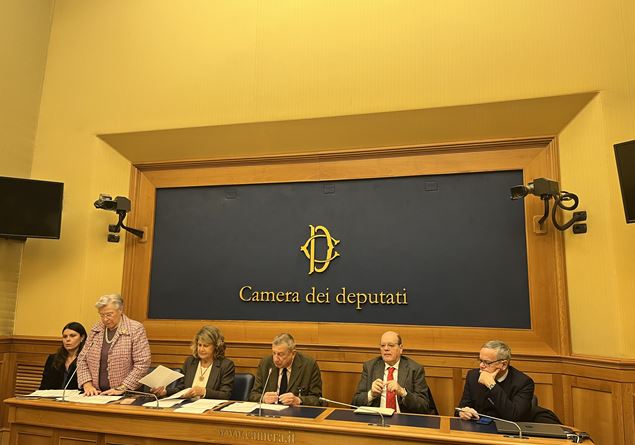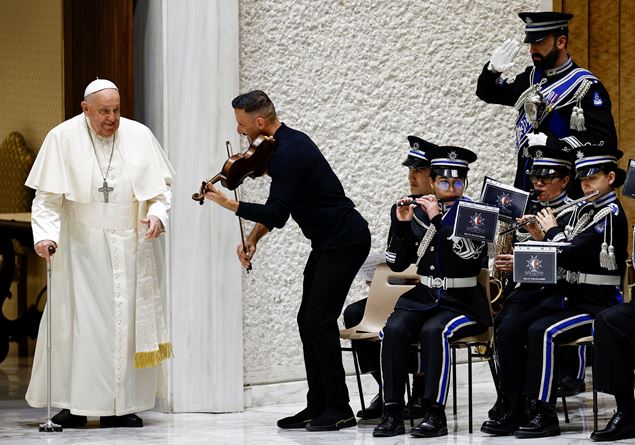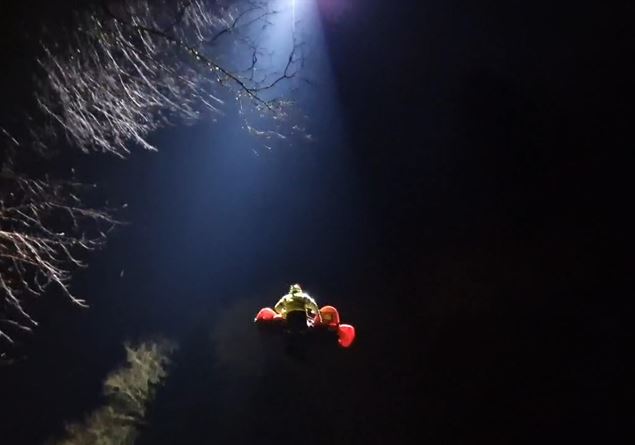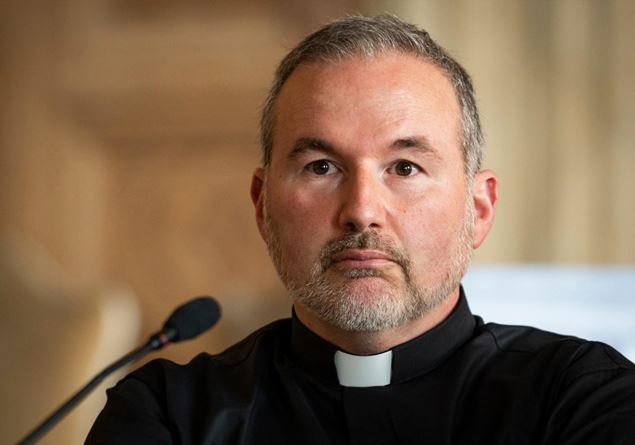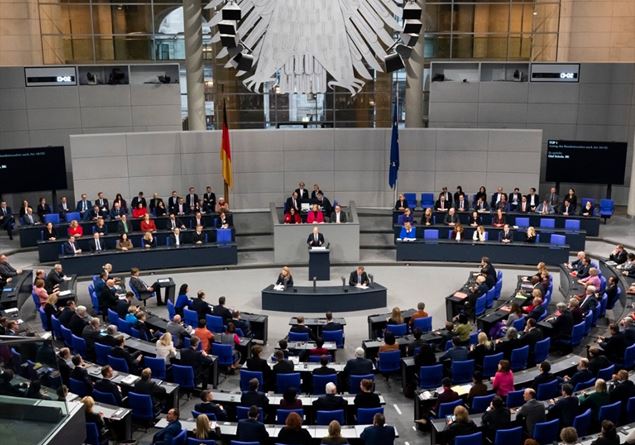
Germany’s political instability is never good for Europe. Even more so if the political crisis is added to that of the economy. Therefore in many European capitals the early political elections scheduled for 23 February 2025 will be followed with bated breath.
The elections are the inevitable outcome of a crisis triggered by the Social Democratic chancellor’s ouster from government in early November Olaf Scholzof his Finance Minister and leader of the Liberal Party, Christian Lindner. This decision, which came after months of bickering within the government, shattered the so-called “traffic light” coalition made up of the Social Democrats (red), the Liberals (yellow) and the Greens that Scholz had led since 2021.
A formal step was needed, that is, the vote of no confidence in Parliament. This came on Monday 16 December when Scholz was defeated in the Bundestag with 207 votes in favor and 394 against. 116 abstained. To gain confidence, Scholz would have had to obtain at least 366 votes.
The chancellor asked parliament for confidence during a 25-minute speech in which he spoke of the German economy’s struggle to maintain its role as the locomotive of Europe, but above all he pointed the finger at the responsibilities of the FDP liberals who in his opinion have made the ‘traffic light coalition’ disappear.
Voting takes place in 68 days and the sixty-six-year-old Olaf Scholz, despite his unpopularity, negative polls and his personal lack of charisma, will once again be the candidate for chancellor of the SPD. In recent weeks it seemed that he could be replaced by the defense minister, Boris Pistorius, but it was Pistorius himself who stepped aside with a video message in which he confirmed his trust in Scholz. For some time, however, polls have clearly shown the center party CDU/CSU in the lead (around 30%), led by Friedrich Merz. Then there is the unknown of the electoral result of the extreme wings: the far right of AfD (Alternatives for Germany) and the personal, pro-Russian party of former journalist Sahra Wagenknecht. However, all the main parties have ruled out alliances with the two most extreme political forces in Germany. The most likely post-election scenario therefore seems to be one Grosse Coalition between Christian Democrats and Social Democrats, but it seems truly unlikely, barring any sensational hiccups in Merz’s path, that German voters will be willing to grant Scholz an encore.






